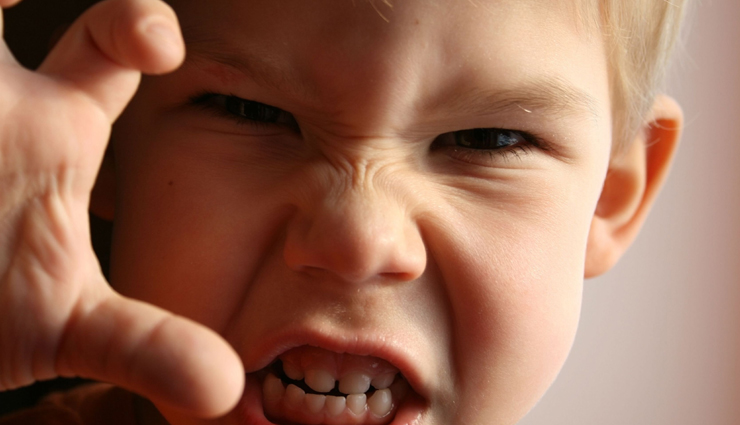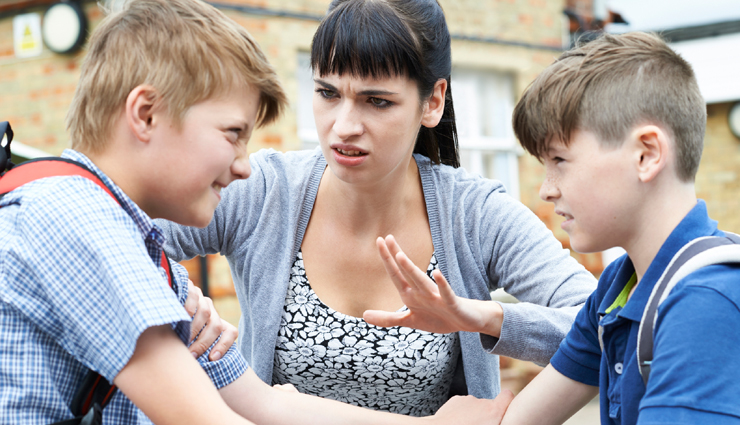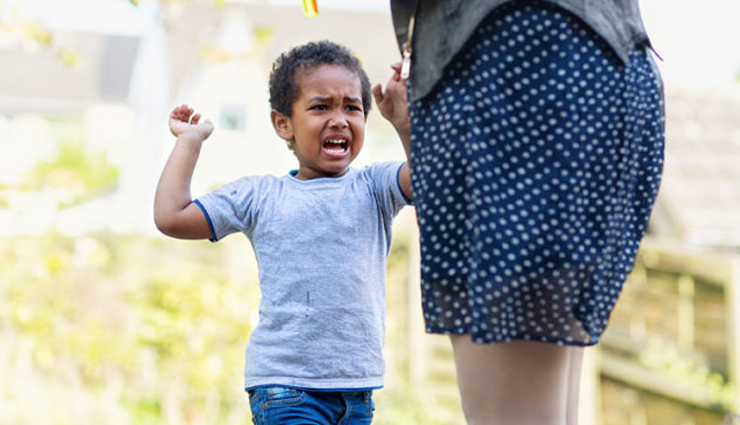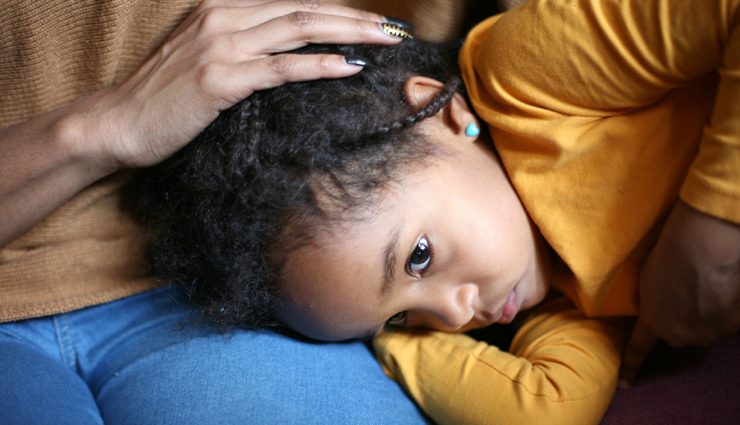- Home›
- Mates & Me›
- Effective Tips For Dealing With Aggression In Children
Effective Tips For Dealing With Aggression In Children
By: Priyanka Maheshwari Wed, 05 July 2023 5:47:12

Dealing with aggression in children can be challenging for parents and caregivers. Aggressive behavior in children can manifest in various ways, such as hitting, biting, or verbal aggression. It's important to address this behavior early on and teach children appropriate ways to express their emotions and resolve conflicts. In this article, we will provide some helpful tips for dealing with aggression in children, enabling parents and caregivers to guide their children towards more positive and peaceful interactions.

# Understand the Triggers
Observe your child's behavior closely and identify the triggers that lead to aggression. It could be frustration, fatigue, hunger, or specific situations. Understanding the triggers can help you anticipate and prevent potential outbursts.
# Teach Emotional Awareness
Encourage your child to recognize and verbalize their emotions. Teach them simple strategies, such as using words to express their feelings instead of resorting to aggressive behavior. Help them develop a vocabulary for their emotions and validate their feelings.

# Set Clear and Consistent Boundaries
Establish clear rules and expectations for behavior. Consistently reinforce these boundaries and provide appropriate consequences when they are violated. Children thrive in environments where they know what is expected of them.
# Teach Problem-Solving Skills
Help your child develop problem-solving skills to handle conflicts peacefully. Teach them to listen to others, express themselves calmly, and find mutually acceptable solutions. Encourage empathy and perspective-taking to promote understanding and compromise.
# Role Model Positive Behavior
Children learn by observing their parents and caregivers. Model non-aggressive behavior in your interactions with others. Show them how to handle conflicts calmly and use effective communication techniques. By being a positive role model, you can influence their behavior positively.

# Encourage Healthy Outlets for Energy
Physical activity can help channel children's energy in a positive way and reduce aggression. Encourage regular exercise and engage them in activities like sports, dance, or yoga to release pent-up energy and promote emotional well-being.
# Provide Emotional Support
Aggression can sometimes stem from underlying emotional issues. Create a safe and supportive environment where your child feels comfortable expressing their emotions. Offer reassurance, active listening, and empathy to help them navigate challenging emotions.
# Seek Professional Help if Needed
If aggression persists despite your efforts, consider seeking professional help. A child psychologist or counselor can provide guidance and strategies tailored to your child's specific needs.





